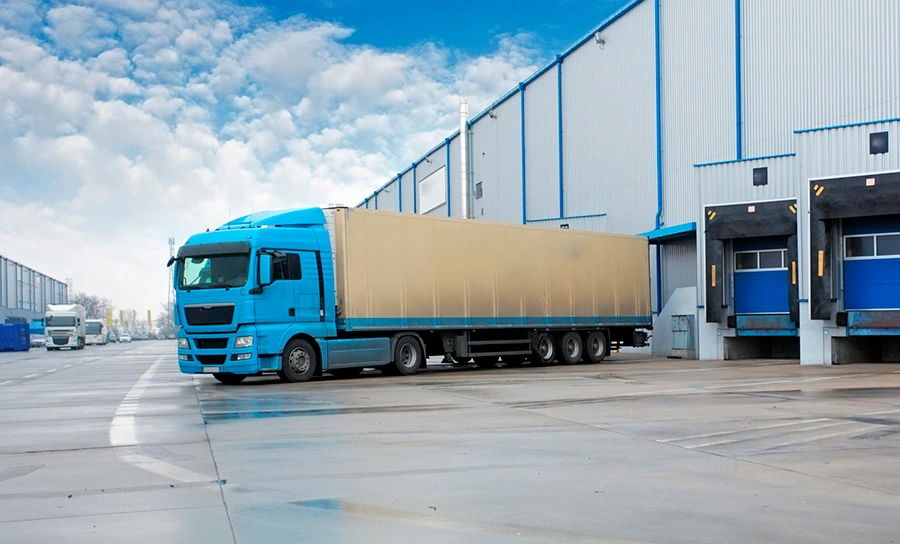
Backhaul in Logistics: A Comprehensive Guide
What Does Backhaul Mean?
Backhaul, within the context of logistics, refers to the process of a transportation vehicle returning from the original destination to the point of origin. The key challenge here is that these return trips are often made without cargo, known as an empty backhaul, leading to inefficiencies and lost earnings.
The Significance of Backhaul in the Logistics Chain
Integrating Backhaul into Your Logistics Planning
Incorporating backhaul logistics into your planning process requires a shift in perspective. Viewing backhaul as part of your service offering can open new revenue streams and partnerships. By minimising empty backhauls, you can enhance fleet utilisation, leading to increased revenue and better asset management.
Identifying Backhaul Opportunities
You first need to understand what backhaul is and how it can be turned from a cost to an opportunity. Make sure you analyse your routes and check for patterns of empty haulage on certain routes. If this is the case, try to optimise these routes, for example by looking for freight forwarders who have used your trucks to ship goods. These businesses might be interested in a more established partnership with you. Identifying potential partners for return transport is only one of the ways you can ensure that your trucks rarely return empty. So how can you make more efficient use of your trucks' backhaul? The answer lies in strategic planning and leveraging a network that connects carriers with shippers. This way, you transform what is backhaul from a logistical challenge into a profitable component of your operations.
Leveraging Technology for Backhaul Optimisation
Technology platforms like Teleroute can connect you with businesses looking to ship goods on your return route, reducing empty backhauls and increasing overall efficiency. Backhaul logistics shouldn't be an afterthought but a key aspect of your transportation planning. With the right approach and tools, you can turn the dreaded empty backhaul into a cost-saving, revenue-generating opportunity.
